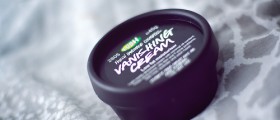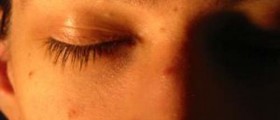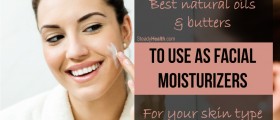
Contrary to popular beliefs, it is not true that only people with oily skin are prone to suffering from acne. Rather, people whose facial skin is dry can also experience serious acne problems. However, people with oily skin are more susceptible to acne.
The Logic Behind Dry Skin and Acne
Bearing in mind that acne is caused by pores clogged by the excessive oil on the surface of the skin, dry skin and acne may be hard to connect. Yet, people with dry skin are prone to flaking and peeling of the skin and these dead parts of the skin find their way into pores, clogging them nevertheless.
Wrongly, many people who suffer from acne believe that they will deal with the problem through drying their skin out. However, this commonly results in matters getting worse, making the skin less prone to healing. Fortunately, there are steps you can take, allowing your skin to recover from excessive dryness, becoming more resistant to acne and other types of skin problems.
Treatment for Dry Skin Acne
First of all, you need to use exfoliators and face cleaners regularly. These cosmetic products need to be oil-free and used instead of soaps for facial cleansing every morning. Even though soaps are good for the rest of your body, they contain chemicals which are too harsh for your facial skin. Thus, avoid these and settle for the above mentioned alternatives.
As for treating dry, flaky skin, you will need to apply facial cleansers, about two times a day. Choosing the right type of facial cleansers is very important as well, since you need those which are not based on high levels of salicylic acid. Mild exfoliation will help you get rid of dead skin leftovers, allowing your pores to breathe unobstructed.
Many people claim that moisturizers make matters worse, when it comes to acne and dry skin. However, this is not true, especially if you use gel-based, hydrating gel moisturizers instead of those based on oils. These product are beneficial for pores, leaving them clean and open. Also, by choosing containers with a pump, you will avoid exposing your face to bacteria. When you take the cream with your fingers, from a jar, you risk delivering harmful microorganisms to your face.
Finally, use sunscreens for sun protection and proper hydration, as long as they do not contain oil and drink plenty of water, avoiding dehydration and dry skin. Your diet can change the health of your face too. Thus, eat healthy, including whole grains and organic products in your diet. Also, stay physically active in order to better your metabolism and help your body get rid of toxins, preventing acne.

















Your thoughts on this
Loading...